US envoy urges Europe to blacklist Lebanon's Hezbollah after Iraq rocket attack
The US ambassador to Germany has called on European countries to outlaw Hezbollah in its entirety after pointing the finger at the Lebanese resistance movement for a recent rocket attack on an Iraqi military base housing American forces.
“Now would be a good time for our European allies to follow the lead of the German parliament and move to designate a terrorist organization," Richard Grenell tweeted on Saturday.
The call came one day after a "US civilian contractor" was killed and several US and Iraqi military personnel were wounded in a rocket attack on K1 military base in Iraq's northern Kirkuk Province.
A US official told CNN that Washington was reviewing the involvement of Kata'ib Hezbollah in the incident. The faction is part of Iraq's Popular Mobilization Forces or Hashd al-Sha’abi - an umbrella paramilitary body that has actively cooperated with the national army in sweeping counter-terrorism operations.
"There are a lot of similarities to some of the other 10 rocket attacks in the last two months which we have linked to" Iraqi pro-government forces, the US official claimed, adding, "We are looking into a possible link to Kata'ib Hezbollah in particular."
On Saturday, Israel's Jerusalem Post claimed that the rockets used against US forces in Iraq were of the same type Israel had found in 2009 allegedly being shipped to Hezbollah.
The Israeli daily claimed that the photos of the recent attack posted online showed 107mm rockets, the same type of munitions intercepted in 2009 purportedly destined for Hezbollah.
Aramco Parallel
Analysts say the US-Israeli scenario is similar to the one regarding Yemeni air raids on Aramco installations on September 14, which reportedly disrupted about half of the kingdom's oil capacity or 5 percent of the daily global oil supply.
Saudi Arabia and the US blamed the attacks on Iran without providing any evidence.
Earlier this month, UN chief Antonio Guterres said that the world body’s investigators were “unable to independently corroborate” claims that the Islamic Republic had been behind the Aramco raids.
Earlier this month, the German parliament approved a non-binding motion urging Chancellor Angela Merkel's government to ban all activities by Hezbollah on German soil and ditch its current policy of distinguishing between the group's political arm and military units.
Hezbollah was formed following the Israeli regime’s invasion of Lebanon and the ensuing occupation of its southern parts in the 1980s. It currently constitutes Lebanon’s de facto military power.
The resistance movement has helped the national army retake the occupied regions from Tel Aviv and thwart two Israeli acts of aggression against Lebanon in 2000 and 2006.
It has also been playing a significant role in the Syrian army’s fight against foreign-backed Takfiri terror groups, including Daesh and al-Nusra Front, thus preventing the infiltration of extremist elements into Lebanon.
The resistance movement, along with its allied parties, currently holds more than half the seats of the 128-member Lebanese parliament.
The accusations against Hezbollah come amid a political deadlock over the next prime minister after Saad al-Hariri resigned in the face of anti-corruption protests.
A former education minister and university professor Hassan Diab was appointed to the role by the President Michel Aoun on December 19.
However, unrest persists and on Saturday night, protesters rallied outside Diab's residence in Beirut for his resignation.
Hezbollah has put its weight behind Diab's government and called on the administration to get down to brass tacks where Lebanon's economy is in dire straits.
However, the US and some regional countries such as Saudi Arabia are pushing to remove Hezbollah from Lebanon's political structure and sideline it.
OIC welcomes Oman-mediated Geneva talks between Iran, US; warns against use of force
VIDEO | Campaign to boycott Israeli ‘apartheid dates’ in UK intensifies during Ramadan
VIDEO | Pakistan launches Operation Ghazab lil-Haq after Afghan border firing
VIDEO | Pakistan condemns Israel’s expansionist agenda in Palestine at OIC
Rubio warns US envoys against undermining Trump’s pressure campaign targeting Iran: Report
Iran, Qatar stress continuation of diplomacy towards preserving regional peace, stability
Majority of Americans support Palestinian state as Israel backing declines sharply: Poll
New Israeli strikes kill more Palestinians across Gaza in 'serious violation' of ceasefire


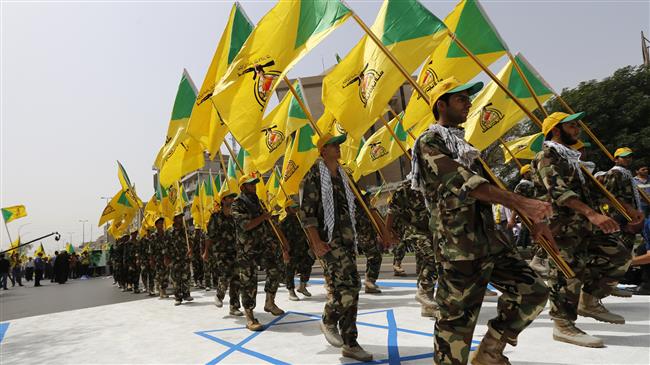


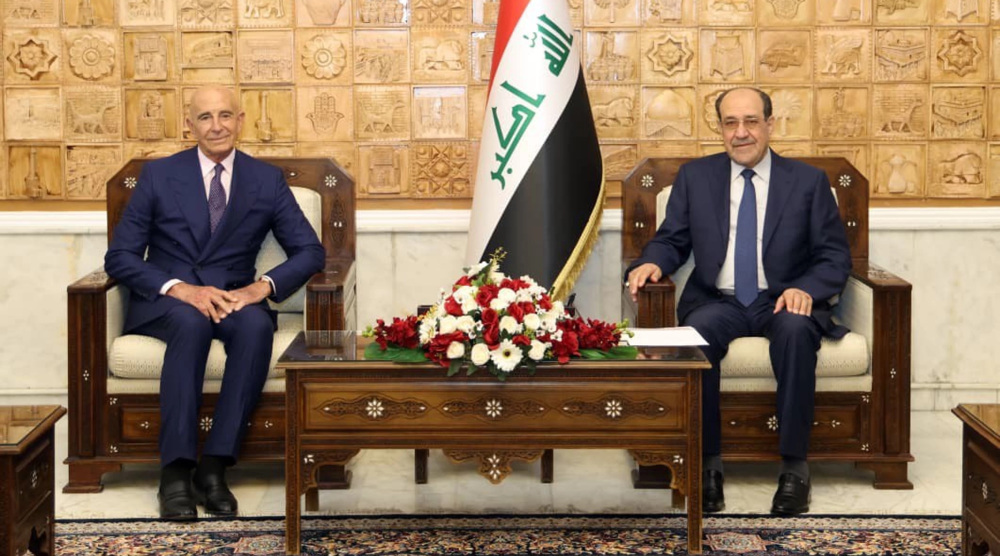
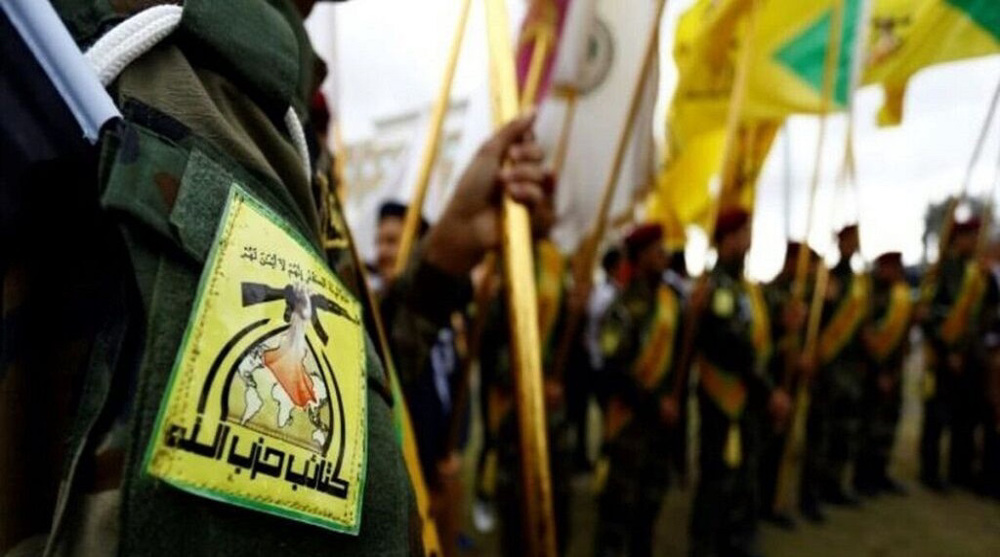
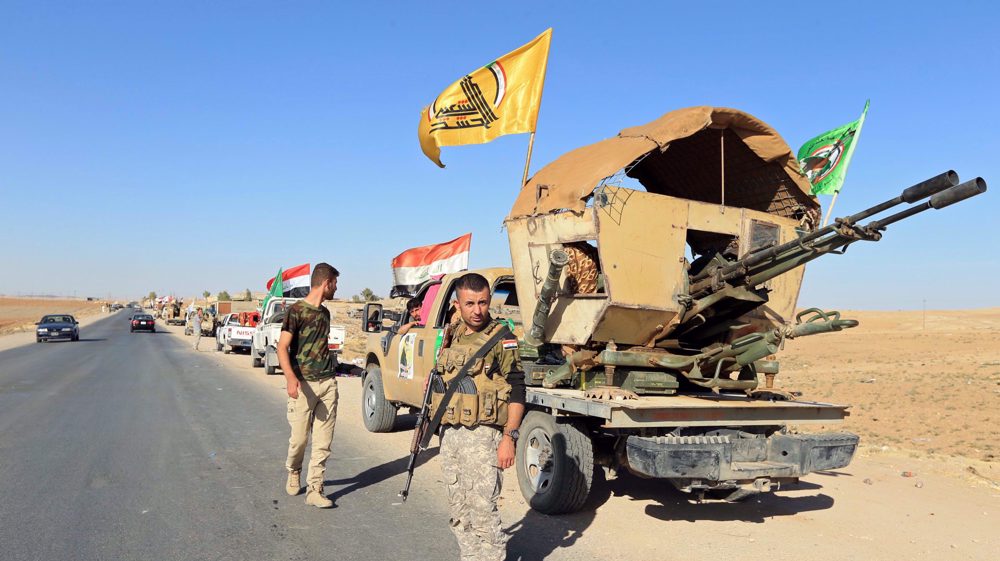



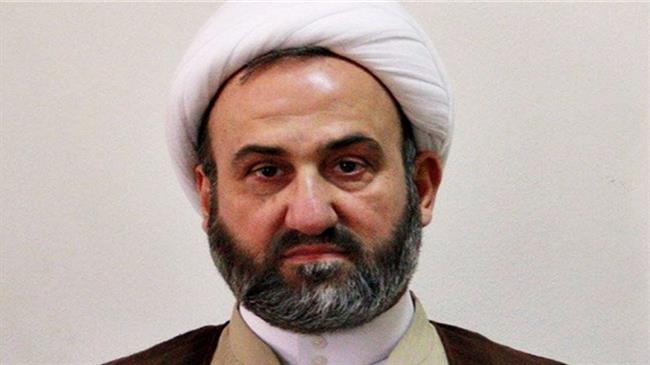
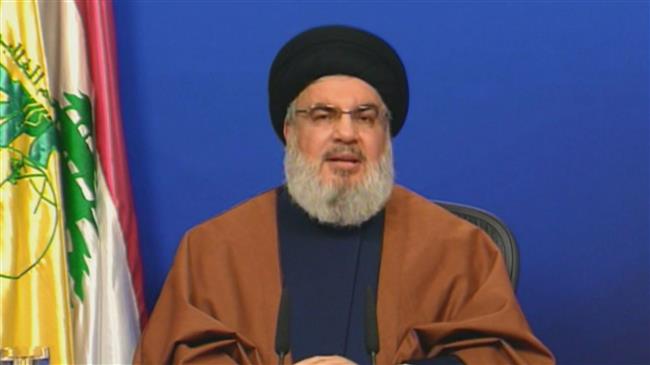
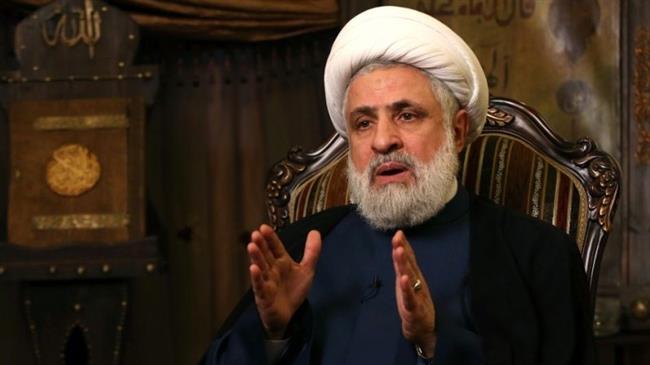
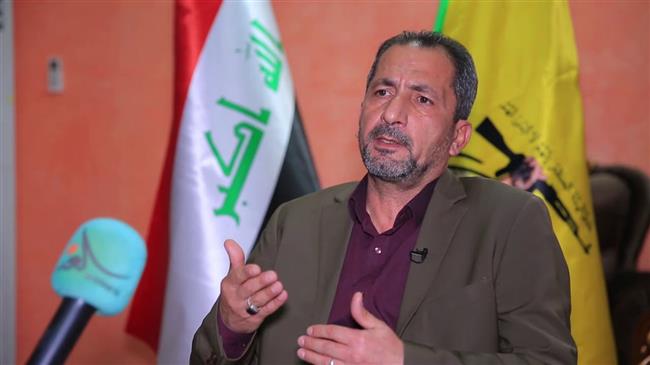


 This makes it easy to access the Press TV website
This makes it easy to access the Press TV website